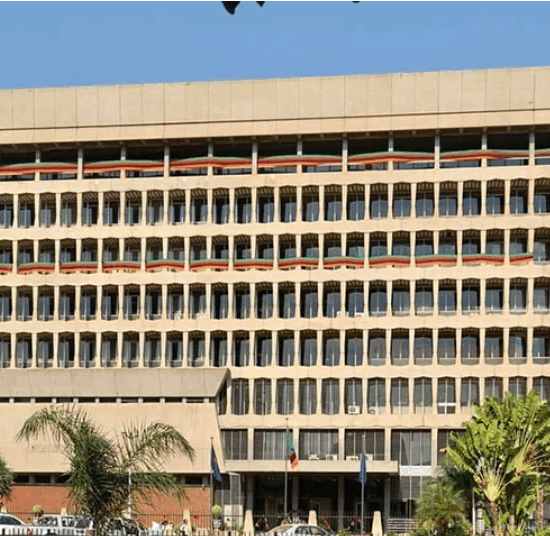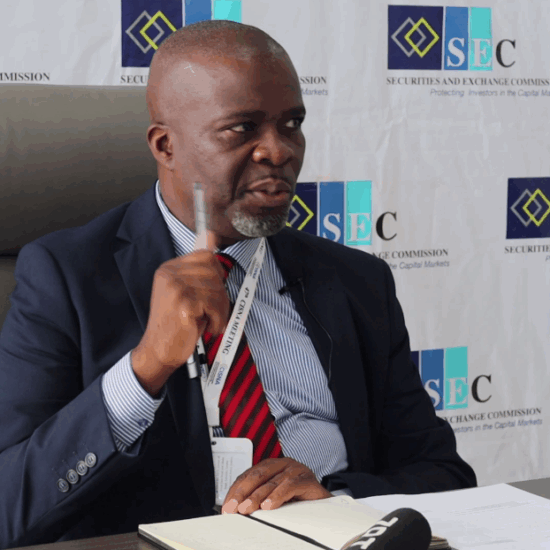
Financial analyst Maambo Hamaundu has observed that the country does not show any sign of its inflation dropping to a single digit in two to three months time. This is in the wake of the earlier Bank of Zambia – BOZ projection that inflation will rebound to a single digit in a second quarter (Q2) of 2020.
He said the projection for single digit may have been feasible before the outbreak of COVID 19 but BOZ now needs to consider varying the projection in view of the Coronavirus outbreak and its impact on the economy.
In an exclusive interview with the Zambian Business Times – ZBT on March 30, 2020, Hamaundu explained that unless the impact of the coronavirus is cleared within the next three months, then a different picture could be seen. He said that in the short term, inflation rate may continue to trend in the double digit range even in the next three to nine months.
“I think as we go into April, May and June the inflation will still be in a double digit range and bound to increase even further due to this COVID-19. Because even when the country recovers from the virus outbreak, we are looking at the Kwacha, which has lost strength and this is further driving up inflationary pressure”, he told ZBT.
The question is, how do we deal with the inflationary pressure that will come from Kwacha depreciating against the US dollar and other major international currencies?, how are we going to deal with price increases on imported goods because we use dollar to import our goods into the country. The price of fuel could also be affected, and most of the consumer goods imported from outside the country will also be affected, Hamaundu told ZBT.
He said the BOZ projection that inflation would come down to a single digit of between 6 to 8% does not give confidence looking at the movements in the exchange rate and the performance of the agricultural sector.
The financial analyst also stated that Zambia is practically in a lockdown in most sectors of the economy, citing the closure of Bars, Nightclubs, Casinos, Gyms and other businesses that attract many crowds. He added that when recovering from this lockdown, businesses are most likely going to consider increasing prices of their goods and services to recover the revenue lost during the lockdown, resulting in more inflationary pressure.
“If we can work on our production costs then we can control inflation, but domestically how do we control our production costs which rely on the cost of fuel, the cost of electricity and the cost of labour. All these factors have recorded price increases, which does not give confidence of the national inflation rate rebounding to single digit,” he said.
Zambia’s latest annual rate of inflation for the month of March 2020 hit 14%, up from 13.9% reported in the previous month. This increase was mainly on an account of price increases in non-food items such as vehicles, airfares that are US dollar related. Non-food inflation for March increased to 12% from 11.6 % in February 2020.







